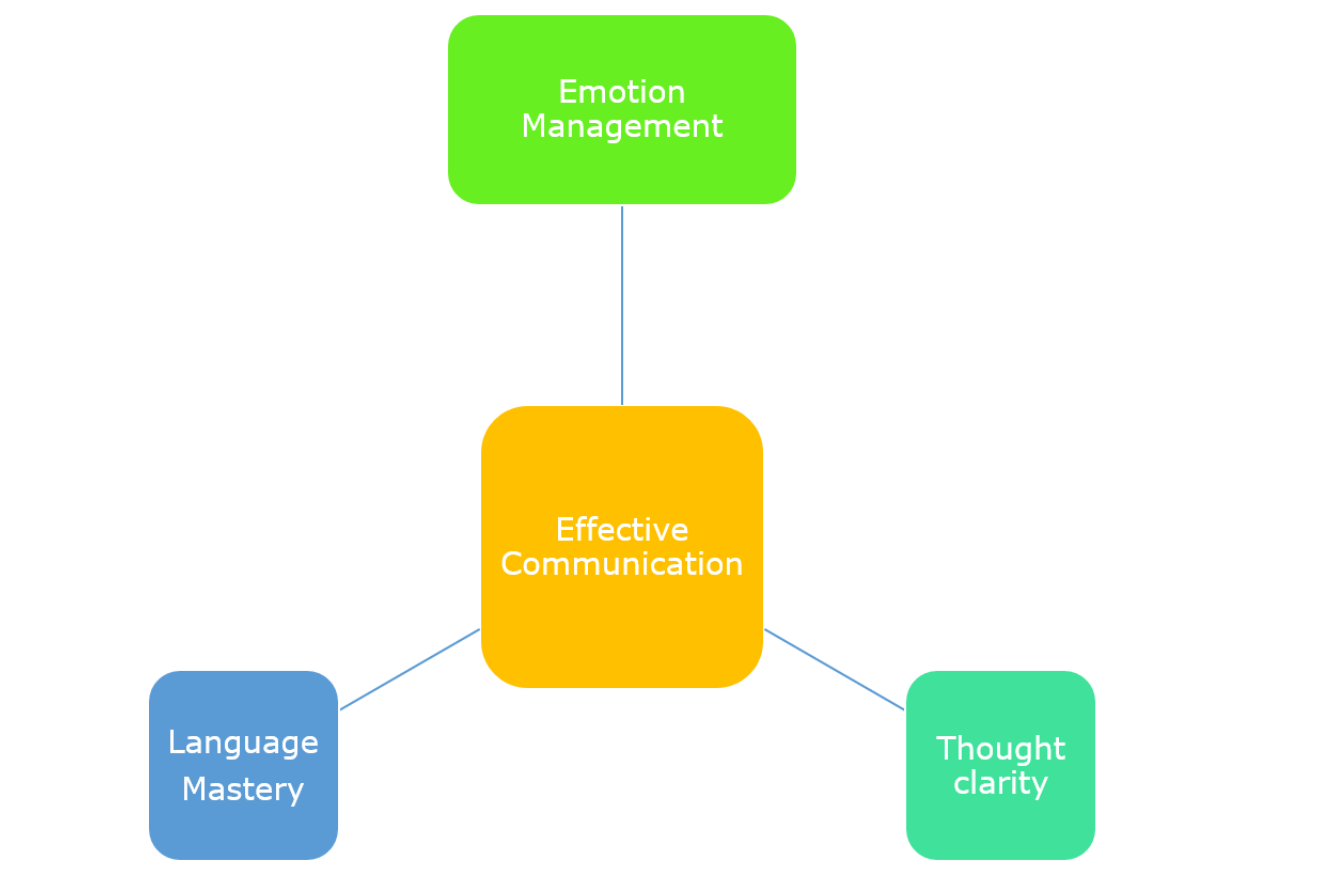Improving communication in the workplace
Giving undivided attention
Having discussed the importance of making other people feel good in your presence and impact of body language on active listening, let us consider other factors on emotional aspects of communication like giving undivided attention during conversation.
Undivided attention:
Either you speak to someone, or somebody talk to you, how much care you are giving to the conversation without any other distraction is all about undivided attention.
You might have come across a situation when you are conveying something to your colleagues or someone, and they might be looking at their mobile, laptop or looking around someone or waving hands to someone than listening to your message. That is the example of divided attention. When you undergo a similar experience, either you may lose energy or the other person receives half information. In either way, the effectiveness is lost.
Undivided attention can be demonstrated through your eye contact with the other person or prompting the other person or nodding your head when you listen to another person. Even though it looks like good manners, it is difficult for all to follow. Hence this is art or skill to be mastered with awareness and practice.
This skill is required, especially when you interact 1-1 basis with others.
I have given below the video link indicating the importance of undivided attention during 1-1 conversation. ( as found in youtube source)
https://youtu.be/psdlZ4ee3qE
Giving undivided attention is a conscious effort and can be developed with awareness and practice.
Giving undivided attention
Having discussed the importance of making other people feel good in your presence and impact of body language on active listening, let us consider other factors on emotional aspects of communication like giving undivided attention during conversation.
Undivided attention:
Either you speak to someone, or somebody talk to you, how much care you are giving to the conversation without any other distraction is all about undivided attention.
You might have come across a situation when you are conveying something to your colleagues or someone, and they might be looking at their mobile, laptop or looking around someone or waving hands to someone than listening to your message. That is the example of divided attention. When you undergo a similar experience, either you may lose energy or the other person receives half information. In either way, the effectiveness is lost.
Undivided attention can be demonstrated through your eye contact with the other person or prompting the other person or nodding your head when you listen to another person. Even though it looks like good manners, it is difficult for all to follow. Hence this is art or skill to be mastered with awareness and practice.
This skill is required, especially when you interact 1-1 basis with others.
I have given below the video link indicating the importance of undivided attention during 1-1 conversation. ( as found in youtube source)
https://youtu.be/psdlZ4ee3qE
Giving undivided attention is a conscious effort and can be developed with awareness and practice.














